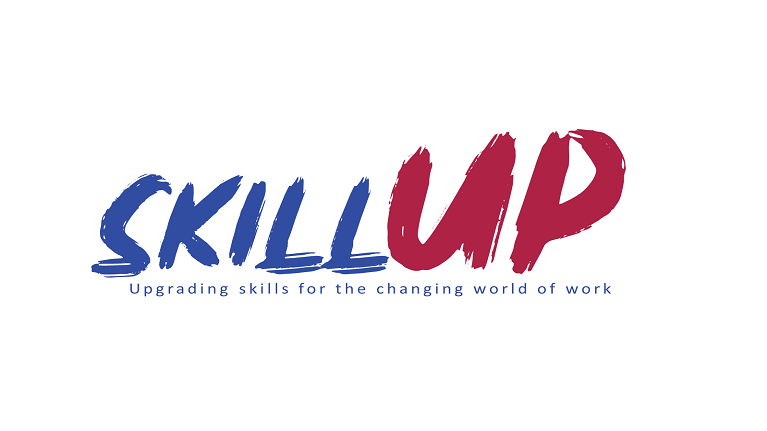Understanding the potential impact of skills recognition systems on labour markets: Research report
Formal education and training systems are not the only ways in which people develop skills. In many cases, this happens through informal or non-formal learning or people acquire them outside the country in which they work. Employers may not easily recognize skills attained this way, and individuals possessing such uncertified skills are at a disadvantage while finding a job, progressing in their careers or securing a wage increase. The fact that these skills are invisible magnifies the challenge of skills under-utilization and mismatch, and contributes to higher unemployment, poverty and inequality.
The task of skills recognition systems is to make such uncertified skills visible. This research focuses on analysing whether skills recognition improves skills utilization, reduces skills mismatch and alleviates unemployment, poverty and inequality.
The development of skills recognition systems gives rise to a number of challenges that may have a negative impact on effectiveness and a return on investment in these systems. The research brings numerous examples on how can these challenges be addressed in the design, implementation or upgrading of skills recognition systems.




